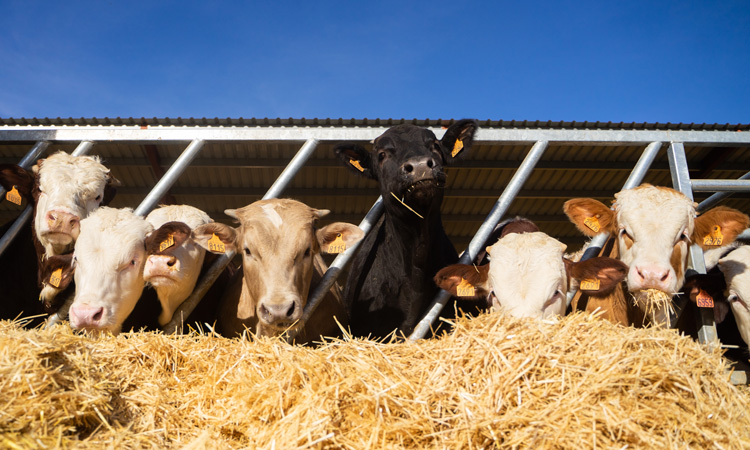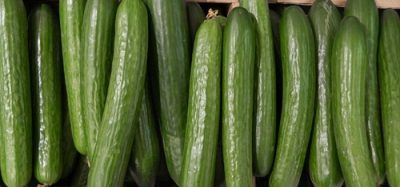Intensive farming increases risk of pathogenic outbreaks, warn scientists
- Like
- Digg
- Del
- Tumblr
- VKontakte
- Buffer
- Love This
- Odnoklassniki
- Meneame
- Blogger
- Amazon
- Yahoo Mail
- Gmail
- AOL
- Newsvine
- HackerNews
- Evernote
- MySpace
- Mail.ru
- Viadeo
- Line
- Comments
- Yummly
- SMS
- Viber
- Telegram
- Subscribe
- Skype
- Facebook Messenger
- Kakao
- LiveJournal
- Yammer
- Edgar
- Fintel
- Mix
- Instapaper
- Copy Link
Posted: 5 May 2020 | Sam Mehmet (New Food) | No comments yet
After investigating the evolution of Campylobacter, scientists have warned that close-contact intensive farming, alongside increased animal movement and changes in cattle anatomy/physiology, heightens the risk of deadly outbreaks.


Overuse of antibiotics, high animal numbers and low genetic diversity caused by intensive farming techniques increase the likelihood of pathogens becoming a major public health risk, according to new research led by UK scientists.
An international team of researchers, led by the Universities of Bath and Sheffield, investigated the evolution of Campylobacter jejuni, a bacterium carried by cattle which is the leading cause of gastroenteritis in high income countries.
Around one in seven people suffer from an infection at some point in their life caused by Campylobacter, the researchers explained. It causes three times more cases than E.coli, Salmonella and Listeria combined and is usually carried in the faeces of chickens, pigs, cattle and wild animals – estimated to be present in the faeces of 20 percent of cattle worldwide.
The researchers studied the genetic evolution of the pathogen and found that cattle-specific strains of the bacterium emerged at the same time as a dramatic rise in cattle numbers in the 20th Century.
The authors of the study suggested that changes in cattle diet, anatomy and physiology triggered gene transfer between general and cattle-specific strains with significant gene gain and loss, helping the bacterium to cross the species barrier and infect humans, triggering a major public health problem.
Combine this with the increased movement of animals globally, the scientist said that intensive farming practices have provided the perfect environment in which to spread globally through trade networks.
Professor Sam Sheppard from the Milner Centre for Evolution at the University of Bath, said: “There are an estimated 1.5 billion cattle on Earth, each producing around 30 kg of manure each day; if roughly 20 percent of these are carrying Campylobacter, that amounts to a huge potential public health risk.
“Over the past few decades, there have been several viruses and pathogenic bacteria that have switched species from wild animals to humans: HIV started in monkeys; H5N1 came from birds; now COVID-19 is suspected to have come from bats.
“Our work shows that environmental change and increased contact with farm animals has caused bacterial infections to cross over to humans too.
“I think this is a wake-up call to be more responsible about farming methods, so we can reduce the risk of outbreaks of problematic pathogens in the future.”
Related topics
COVID-19, Food Safety, Health & Nutrition, Outbreaks & product recalls, Research & development, Supply chain








